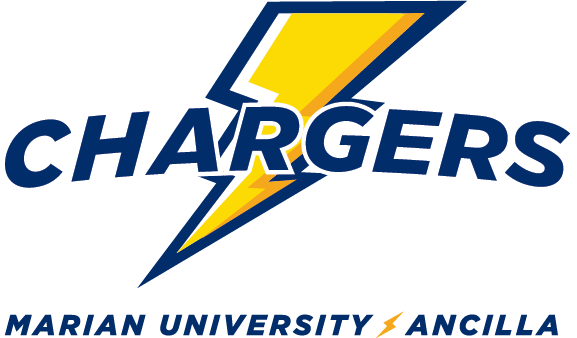Core Law Courses
|
Course Number |
Course Name |
Credit Hours |
|
BUS 301 |
Business Law |
3 |
|
ENG 239 |
Professional Writing |
3 |
|
LAW 104 |
Introduction to the Paralegal Profession |
3 |
|
LAW 215 |
Legal Research |
3 |
|
LAW 216 |
Legal Writing and Communication |
3 |
|
LAW 256 |
Legal Responsibilities & Ethical Dec. Making |
3 |
|
LAW 261 |
Legal Liability: Contracts for the Paralegal |
3 |
|
LAW 262 |
Legal Liability: Torts for the Paralegal |
3 |
|
LAW 272 |
Civil Litigation for the Paralegal |
3 |
|
LAW 285 |
Case Practice Mgmt. & Technology Capstone |
3 |
|
LAW 290 |
Legal Career Preparation & Development |
1 |
|
LAW 292 |
Credentialing for the Paralegal Profession |
1 |
|
LAW 350 |
Current Events - Social/Criminal Justice |
3 |
|
LAW 360 |
Internship in Pre-law Studies/Paralegal Studies |
3 |
|
|
|
38 |
|
|
General Education Courses |
28-31 |
For a listing of General Education requirements, please refer to the Undergraduate Catalog of Programs or contact your advisor. Course scheduling may vary each semester and each year.
Institutional-Level Outcomes Aligned to Paralegal Program-Level Objectives
|
INSTITUTIONAL OUTCOMES |
PROGRAM OBJECTIVES |
|
Faith and Ethics
|
Exhibit strong, responsible, ethical decision-making in the legal environment and solid knowledge of ethical obligations and liabilities. |
|
Problem Solving
|
Utilize multiple research strategies and databases to locate appropriate information for assignments and effective use of software applications in a law office setting. |
|
Problem Solving
|
Analyze records, interviews, case studies, legal codes, and regulations to determine outcomes and evaluate theories and approaches to complex legal problems. |
|
Communication
|
Use diverse communication skills to present researched facts, results, and findings and to make coherent arguments. |
|
Communication
|
Demonstrate proficient writing skills needed to construct, edit and revise a quality argument or purposeful narrative. |
|
Cultural and Global Awareness
Health and Well Being
|
Evaluate, analyze, and debate the impact of social, political, and economic issues and influences on the social and criminal justice systems, from the courts to the prison systems, on a local, national and global scale. |
|
Health and Well Being
|
Develop career planning and social networking skills aligned with industry standards. |
|
Disciplinary Knowledge and Skills |
Conduct case law research and analyze scholarly sources and legal code to explain diverse civic issues and lawsuits and articulate what is expected to maintain the respect and integrity of the profession and the legal system within the legal community. |
|
Disciplinary Knowledge and Skills |
Evaluate legal issues on the local, state, federal, and international level. |
